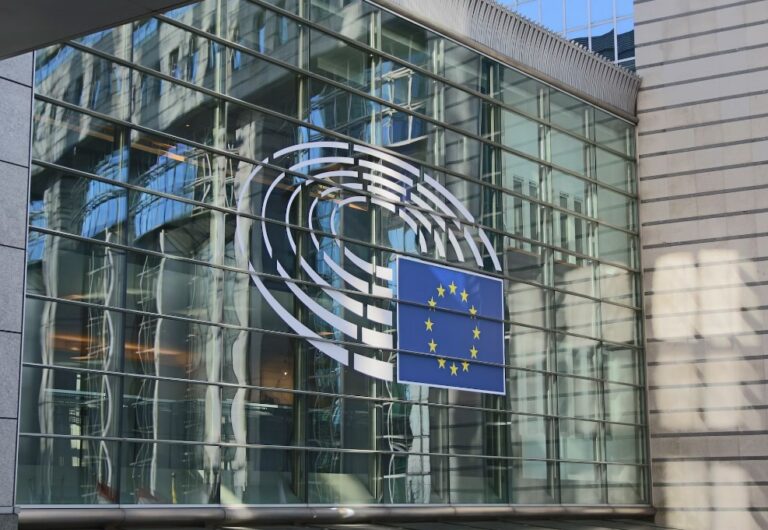The European Commission has published the list of companies designated as gatekeepers under the Digital Markets Act. They have six months to comply with the relevant obligations and prohibitions under the Act, but the Commission’s work does not end there. Investigations and consultations have been launched.
Table of Contents
The Digital Markets Act gets into full swing
After warming up its engines with the new features introduced for users, companies and Big Tech by the Digital Service Act, the Digital Markets Act, the other European-driven package of rules on digital, is also coming into full swing.
As we have already delved into, the Digital Services Act, in late August, had called 19 platforms to submit a plan on:
- transparency of algorithms and advertising;
- combating online violence;
- combating misinformation;
- protection of minors.
Google has been attentive on 4 services, namely Search, Shopping, Maps and Play, joined by Youtube.
Meta with Instagram and Twitter, Bing, X , Snapchat, Pinterest, LinkedIn, Amazon, Booking, Wikipedia and Apple’s App Store.
Europe is looking to Asia, particularly China, with TikTok and Alibaba Express. In Europe, only Zalando, which along with Amazon, challenged the designation.
The Digital Services Act basically pointed the finger at those tech companies that offer services to at least 10 percent of the EU population, or 45 million people, called large online platforms (Vlop, or Very large online platform) and search engines (Vlose, or Very large online search engine).
What are gatekeepers
The Digital Markets Act talks about gatekeepers, but the substance does not change. The actors remain mostly the same.
Gatekeepers are those companies:
- With a market capitalization of at least 75 billion euros;
- 7.5 billion in annual revenue;
- at least 45 million monthly active users;
- 100 thousand users per year in business.
Designated gatekeepers
The European Commission has designated six gatekeepers for the first time under the Digital Markets Act:
- Alphabet
- Amazon
- Apple
- ByteDance
- Meta
- Microsoft
A total of 22 Core Platform Services were designated, namely:
- Social Networks: Tiktok, Facebook, Instagram, LinkedIn
- N-IICS: Whatsapp, Messenger
- Video Sharing: Youtube
- Intermediation: Google Maps, Google Play, Google Shopping, Amazon Marketplace, App Store, Meta Marketplace
- Search: Google Search
- Browser: Chrome, Safari
- ADS: Google, Amazon, Meta
- Operating System: Google Android, iOS, Windows PC OS
The six gatekeepers now have six months to ensure full compliance with their obligations under the Digital Markets Act, for each of their designated core platform services.
The European Commission may designate as gatekeepers digital platforms that provide a major access point between businesses and consumers in relation to basic platform services.
The designation decisions follow a 45-day review process conducted by the Commission after notification by Alphabet, Amazon, Apple, ByteDance, Meta, Microsoft and Samsung of their potential gatekeeper status.
What designated gatekeepers must do
As a result of their designation, gatekeepers now have six months to comply with the full list of obligations and prohibitions outlined in the Digital Markets Act, giving end users greater choice and freedom.
Ensuring and demonstrating effective compliance is the responsibility of the designated companies, which must submit a detailed report on compliance outlining how they are complying with their obligations under the regulation.
The Commission will monitor the effective implementation and compliance with these obligations. In the event that a gatekeeper fails to comply with its obligations under the Digital Markets Act, the Commission may impose fines, the amount of which shall not exceed 10 percent of the company’s total worldwide turnover.
This amount may increase up to 20 percent in the case of repeat offenses. In the case of systemic violations, the Commission is, in addition, empowered to adopt additional remedies, such as requiring a gatekeeper to sell an enterprise or parts of it or prohibiting the gatekeeper from acquiring other services related to the systemic noncompliance.
Other firms may in the future submit notifications to the Commission under the Digital Markets Act, based on their self-assessment in relation to the relevant thresholds. In this context, the Commission maintains constructive discussions with all relevant firms.












